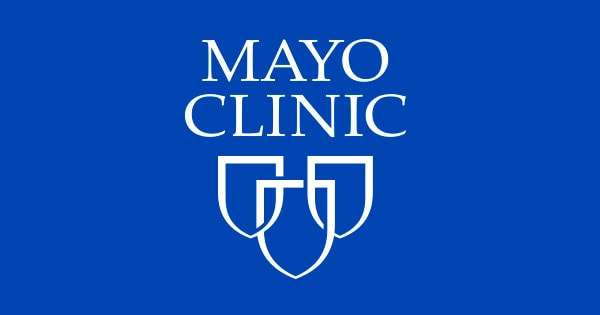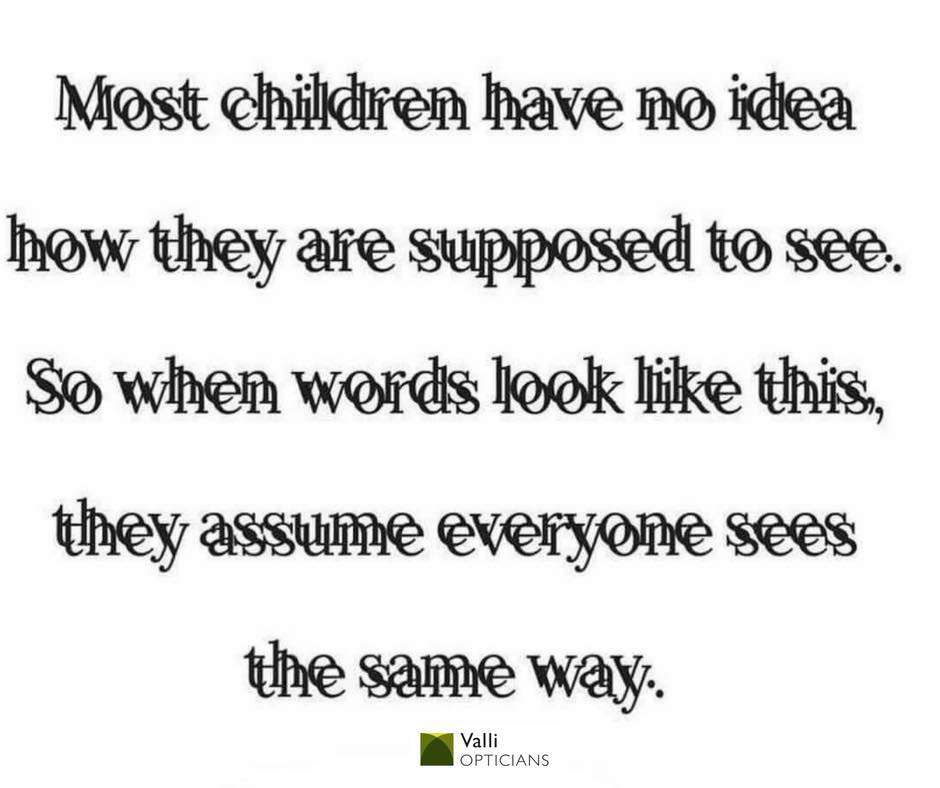Sexual behaviour is a normal, healthy part of life and many people enjoy being active with multiple sexual partners or seeking out many different kinds of sexual experiences. Hypersexuality becomes a problem when it causes significant distress for a person, or puts them at risk of harming themself or someone else.
This page has been archived. It has not been updated since 12/09/2018. External links and references may no longer work.
What are the treatments for sex addiction and hypersexuality?
What are the causes of sex addiction and hypersexuality?
What are the symptoms of sex addiction and hypersexuality?
What are the symptoms of sex addiction and hypersexuality?
The symptoms should continue for at least six months before hypersexuality is used to describe the symptoms. The symptoms may include:
- Recurrent and intense sexual fantasies, sexual urges, or sexual behaviours.
- The time spent engaging in sexual fantasies, urges, or behaviours consistently interferes with other important life activities.
- Sexual fantasies, urges, or behaviours occur in response to various moods (such as anxiety, depression, boredom, irritability) or to stressful life events.
- There may be consistent but unsuccessful efforts to control or reduce sexual fantasies, urges, or behaviours.
- The person engages in sexual behaviours while disregarding the potential for physical or emotional harm to themself or to others.
- The frequency or intensity of the sexual fantasies, urges, or behaviours causes significant personal distress or impairment.
People may avoid difficult emotions such as sadness or shame and seek temporary relief by engaging in sexual behaviour. Therefore sexual cravings may mask other issues such as depression, anxiety, or stress.
Looking for a counsellor?
Video appointments with qualified counsellors are now available in Patient Access
What is sex addiction and hypersexuality?
There are various definitions used for sex addiction and hypersexuality:
- The terms sex addiction and hypersexuality are used to describe people who have an ‘excessive’ or ‘out of control’ amount of sexual behaviour and feel distressed as a result. These terms refer to sexual behaviour that includes limited control of excessive sexual fantasies, urges, and behaviour that may cause personal distress.
- Hypersexual disorder has been used to describe a person who experiences distress about a pattern of repeated sexual relationships involving a succession of lovers, who are experienced by the person only as things to be used.
- The term ‘sex addict’ is often used to refer to a person who compulsively seeks out sexual acts despite bad consequences to themself or to others.
It is not yet clear whether compulsive sexual behaviour should be viewed as an addiction similar to drug addictions. Many experts feel that such a diagnosis is inappropriate for people who just enjoy having a lot of sex with multiple partners. Many people believe that hypersexuality can be a problem but not an addiction.
Culture also plays a part in defining hypersexuality. Cultures that think of sexuality in a more positive way may have values that don’t judge sexual behaviour as being ‘excessive’.
Therefore a main point in thinking of it as a problem or an addiction is if the behaviour causes any harm to the person themself or to others.
What are the causes of sex addiction and hypersexuality?
The causes of hypersexual behaviour are not well understood. However, sex addiction and hypersexuality may sometimes be caused by traumatic experiences, distress, or by mental illness, such as bipolar disorder.
Adults who have been sexually abused as children may display increased sexual behaviour. High-risk sexual behaviour may also be associated with family problems and social stress.
How is hypersexuality diagnosed?
There is some debate and controversy about the diagnosis of hypersexual disorder. The features for diagnosis proposed in the Diagnostic and Statistical Manual of Mental Disorders Fifth Edition (DSM-5), published by the American Psychiatric Association, are:
- Over a period of at least six months, recurrent and intense sexual fantasies, sexual urges and sexual behaviour in association with four or more of the following:
- Excessive time is taken up by sexual fantasies and urges, and by planning for and engaging in sexual behaviour.
- Repetitively engaging in these sexual fantasies, urges and behaviour in response to mood states such as anxiety, depression, boredom or irritability.
- Repetitively engaging in sexual fantasies, urges and behaviour in response to stressful life events.
- Repetitive but unsuccessful efforts to control or significantly reduce these sexual fantasies, urges and behaviour.
- Repetitively engaging in sexual behaviour while disregarding the risk for physical or emotional harm to self or others.
- There is significant personal distress or impairment in social, occupational or other important areas of functioning associated with the frequency and intensity of these sexual fantasies, urges and behaviour. These sexual fantasies, urges and behaviour are not due to the effects of substances such as drugs of abuse or medications, any medical condition or manic episodes.
- The person is at least 18 years old.
What are the treatments for sex addiction and hypersexuality?
The possible treatments for sex addiction and hypersexuality include a combination of self-help, psychological treatment and sometimes medication. The aim of treatment is to help you manage sexual urges and reduce excessive behaviours while maintaining healthy sexual activities. Some people also need treatment for another mental health condition, such as an alcohol or drug abuse problem, anxiety or depression.
Self-help
- Learn about compulsive sexual behaviour so that you can better understand its causes and treatment.
- Identify situations, thoughts and feelings that may trigger sexual compulsions so that you can take steps to avoid and manage them.
- Get treatment for any other mental health problems, such as addictions, depression, anxiety or stress.
- If you use sexual behaviour as a way to cope with negative emotions, explore healthier ways to cope, such as through exercise and recreational activities.
- Practise relaxation and stress management.
Psychotherapy
Psychotherapy can help you learn how to manage your compulsive sexual behaviour. Psychotherapies can be provided on an individual basis or with a group, with family or with your partner. Types of psychotherapy include:
- Cognitive behavioural therapy (CBT). Helps you identify unhealthy, negative beliefs and behaviours and replace them with more beneficial ways of coping.
- Acceptance and commitment therapy. This is a form of CBT that emphasises acceptance of thoughts and urges and a commitment to choose actions that are more consistent with important values.
- Psychodynamic psychotherapy. Focuses on increasing your awareness of unconscious thoughts and behaviours, developing new insights into your motivations, and helping you to resolve conflicts.
Medications
Certain medications may help by reducing obsessive thoughts and behaviours or by reducing sexual urges. Medications used to treat compulsive sexual behaviour are often also prescribed for other conditions. Examples include:
- Antidepressants. Certain types of antidepressants used to treat depression, anxiety or obsessive-compulsive disorder may help with compulsive sexual behaviour.
- Naltrexone. Naltrexone is generally used to treat alcohol and opiate dependence and blocks the part of your brain that feels pleasure with certain addictive behaviours. It may help with behavioural addictions such as compulsive sexual behaviour or gambling disorder.
- Mood stabilisers. These medications are generally used to treat bipolar disorder, but may reduce compulsive sexual urges.
- Anti-androgens - eg, cyproterone. These medications reduce the biological effects of sex hormones (androgens) in men. Because they reduce sexual urges, anti-androgens are often used in men whose compulsive sexual behaviour is dangerous to others.
How Do You Treat Hypersexuality?
Hypersexuality with bipolar disorder isn’t a separate condition or problem that needs its own treatment — it’s a symptom of bipolar disorder. Once the condition is successfully treated and mood swings and symptoms are under control, those hypersexual feelings will dissipate.
“When bipolar disorder is not being treated effectively, hypersexuality is often a symptom that can wreak havoc in a person’s personal life and lead to poor decisions with possible serious and negative consequences. Treating the bipolar symptoms and getting hypomania and mania under control will often target and help hypersexuality as well,” explains Viguera.
“You treat the disease, not the symptom,” she adds. “Treatments usually involve medications such as mood stabilizers or antipsychotics, as well as psychotherapy such as cognitive-behavioral therapy or interpersonal social rhythm therapy,” she says.
Once the disease is under control, people with bipolar disorder often react differently to sex and their past behaviors.
“You often see a lot of regret for the past behavior, because they put themselves in very bad situations,” says Viguera. “When they’re well, they reflect on that, and there can be a lot of regret and remorse. It’s just another clue that shows you that it was not their normal state.”
In addition, hypersexuality can be one of the most difficult and challenging symptoms both for people living with the condition and for those close to them.
Sometimes the inability to control sexual urges leads to broken marriages and relationships. Both people in a relationship can suffer if these urges result in infidelity: The partner with bipolar disorder may feel distraught over having hurt the other partner, who in turn feels confused and angry for having been cheated on.
Hypersexual behavior can also negatively affect a couple’s sex life. Studies that examine sexuality in couples with one bipolar partner found decreased levels of sexual satisfaction associated with the diagnosis.
Bipolar Behavior, Hypersexuality, and Related Conditions
A meta-analysis published in the December 2016 issue of the Journal of Affective Disorders found a high prevalence of comorbidity between substance use disorders and bipolar disorder — meaning that a person is experiencing some form of both conditions simultaneously.
The study found substance abuse disorders to be quite common in people with bipolar disorder. The disorders with the highest prevalence in conjunction with bipolar disorder were alcohol use (42 percent), followed by cannabis use (20 percent) and other illicit drug use (17 percent).
Stimulants in particular can be problematic: The study authors point out that if stimulants are being used or abused, they could mimic symptoms of mania. In addition, alcohol and cannabis use can be linked to poor judgment, which may further contribute to hypersexual behavior.
Different Treatments for Bipolar Disorder
Bipolar disorder is usually treated with:
- Mood-stabilizing medications
- Antipsychotic medications
- Antidepressants
- Cognitive-behavioral therapy
- Other forms of therapy and counseling that may include family members
- Electroconvulsive therapy, which involves using small electrical waves to treat the brain
The right combination of these various therapies can reduce or eliminate bipolar mood changes between mania and depression, as well as prevent or reduce symptoms, including hypersexuality.
Those symptoms of hypersexuality may be a red flag for some people with bipolar disorder indicating that they are slipping into a manic episode. If a person with bipolar disorder starts to notice themselves thinking more about sex or engaging in promiscuous behavior, they should notify their doctor of this onset of symptoms.
Resources We Love
Depression and Bipolar Support Alliance (DBSA)
This organization supports people with depression and bipolar disorder. Learn more about treatment options for bipolar disorder, and check out the DBSA Wellness Toolbox.
Mayo Clinic
A top U.S. hospital, Mayo Clinic has educational information about bipolar disorder on its website and also offers care for bipolar disorder at its four locations in the United States. Learn more about how to schedule an appointment.
National Institute of Mental Health (NIMH)
NIMH is a part of the National Institutes of Health, which is the world’s largest biomedical research agency. If you’re interested, consider participating in a research trial to help researchers discover more about potential treatments for bipolar disorder.
Additional reporting by Barbara Kean.



